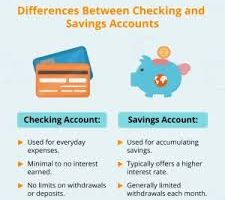What Are CDs (Certificates of Deposit) and How Do They Work?
When you invest in a CD, you agree to leave your money in the account for a set period, known as the term, which can range from a few months to several years.
In exchange, you earn a fixed interest rate that’s often higher than what standard savings accounts offer. This predictable return makes CDs an excellent choice for those looking to grow their savings steadily without taking on significant risks. Whether you’re saving for a future goal or simply looking to diversify your financial portfolio, CDs provide a secure option.
How Do Cash Deposits Work?
When you deposit cash into your bank account, you’re doing more than just storing money safely—you’re participating in a system that keeps your finances organized and potentially earns you interest. The process begins when you deposit funds at a bank branch, through an ATM, or via online banking.
Your deposited money doesn’t just remain idle. Banks use these funds to issue loans to other customers or invest in various financial instruments. In return, they pay you interest on your savings, though the rate varies depending on the type of account you have and the institution’s policies.
To add an extra layer of security, deposits are insured by government programs, such as the FDIC in the United States, up to a specific limit.
Depositing your cash also helps you manage your finances more effectively. With your money securely stored in a bank, you can easily track your spending, monitor savings, and avoid the risks associated with keeping cash at home.
By utilizing CDs and cash deposits wisely, you can build a strong financial foundation while minimizing risks.








